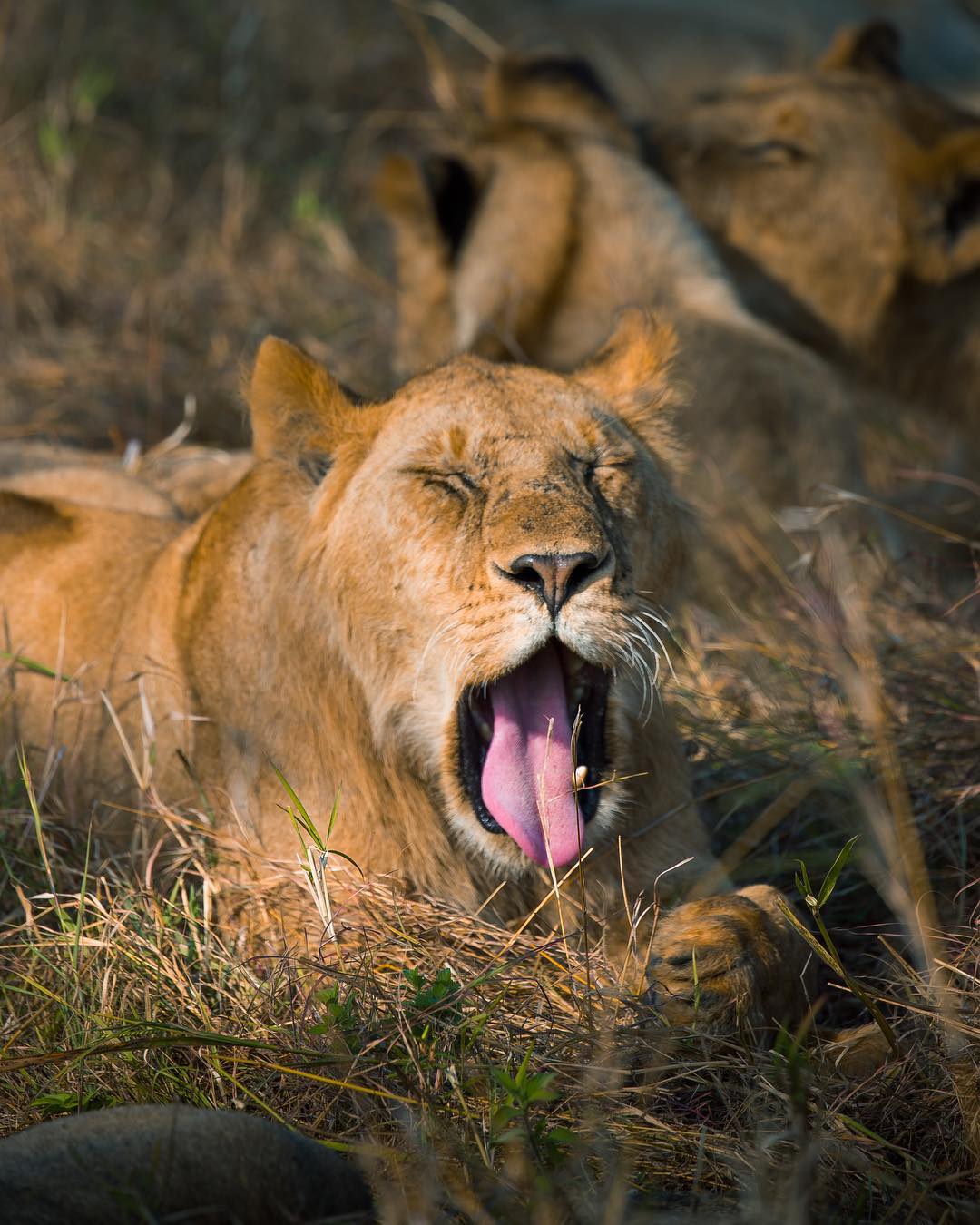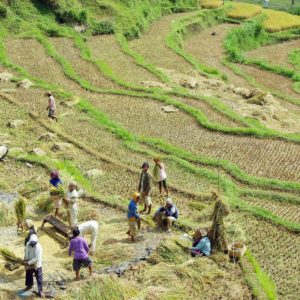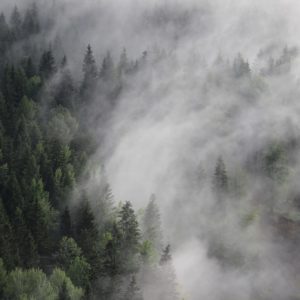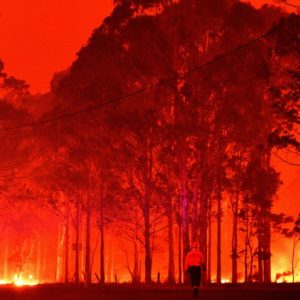Description
Conservation Projects
Investments made here will be spread across various certified conservation programs
How Many Elephants
With an average of 96 Elephants poached per day. How Many Elephants is inspiring and educating a global audience about the devastating impacts of the African elephant ivory trade. Leading up towards extinction within the decade, How Many Elephants funds projects with direct action initiatives carrying out incredible work on the front line of conservation.
This includes work of the Black Mambas, South Africa’s first and only all-female front line anti-poaching team. Victoria Falls Wildlife Trust working to rescue, rehabilitate and release wildlife harmed by people. National Park Rescue run a direct action conservation operation in Chizarira National Park in Zimbabwe.
Lion Aid
LionAid are the UK charity working globally to save lions and end the decline of wild lion populations. They carry out world-leading research into lion conservation and engage directly with politicians and decision-makers in the UK, Europe, Africa and Internationally. they are at the forefront of highlighting the true plight of lion populations, canned/captive hunting and the trophy hunting trade. The only sustainable solutions involve all stake-holders, which is why they do more than just talk about it, they are working directly with tribes-people and their leaders in Africa to put in place sustainable and effective programs to help save lions. When you support LionAid, you support lions.
African Wildlife Foundation
Working towards:
Mitigating human-wildlife conflict
Retaliation is the primary reason for lion hunting and killing. They work with communities to help them realize the big cat’s value and to help them protect their families and livestock from carnivore predation. In Ruaha National Park, where 10 per cent of the world’s remaining population can be found, AWF’s Ruaha Carnivore Project is fostering a much-needed shift in the local opinion of carnivores.
Since 2012, AWF has been working with Ruaha’s communities to build livestock enclosures to protect livestock from predation, and, in turn, protect big cats and other carnivores from conflict with humans. In addition, Ruaha Carnivore Project provides community benefits to villages that demonstrate success in living peacefully with carnivores.
Using scientific research and data
African Wildlife Foundation’s researchers are working to gain an understanding of carnivores’ populations, behaviours, movements, and interactions with people in order to develop appropriate conservation actions. Since 2002, our Large Carnivore Research Project has undertaken research aimed at ensuring the continued survival of large predators living around Botswana, Namibia, Zambia, and Zimbabwe.
Tracking cats for conservation
With the continental population decreasing and threats continuing to mount, it’s become more important than ever to closely track this species. In Tanzania’s Manyara Ranch, AWF tagged the lions with high-tech collars equipped with radio transmitters to track the animals’ natural movements. This allows scientists and conservationists to monitor for potential disease outbreaks, home range, productivity, behaviour, habitat use, survival, predator-prey interactions, and ultimately population estimates.




